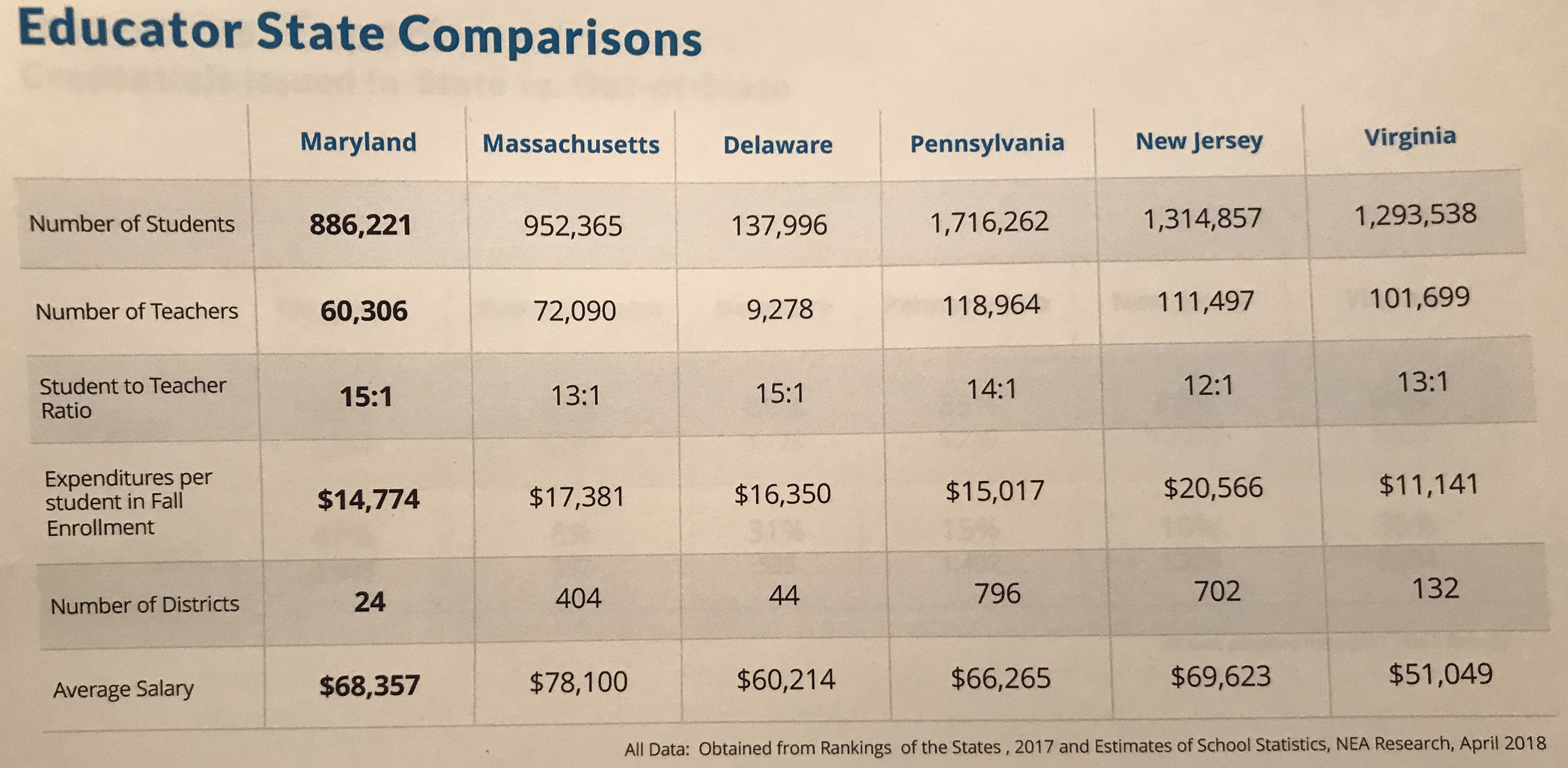By Diane Rey
For Maryland Reporter
Here’s some good news for Maryland’s public school students – the state Department of Education plans to cut the time they spend taking standardized tests.
The new Maryland Comprehensive Assessment Program (MCAP) is being developed to replace the PARCC exams that have been used for the past four years to measure progress in areas such as language arts, math, science and social studies.
The new tests are expected to roll out in the spring of 2020, said Karen Salmon, state superintendent of schools, at a briefing Wednesday before the Senate Budget and Taxation Committee.
A developer for the new MCAP test has not been selected yet, however “Maryland educators will have significant input” in the content of the tests, said Salmon. A mix of teachers from across the state are being recruited.
She said the tests were also going to be shorter – about 40% shorter.
“That’s our goal … It’s important to take a screenshot (of student achievement), but there are so many other ways to measure student success,” she told the senators.
The new tests will provide comparable data to the old ones, so that changes in student performance can be tracked over time, said Bill Reinhard, director of communications for the MSDE.
Maryland has more than 886,000 students in over 1,400 schools in 24 districts. With 60,306 teachers, there’s a 15:1 student to teacher ratio, which is on par with Delaware but higher than Pennsylvania (14:1), and Virginia (13:1), according to MSDE statistics.
The state spent $14,774 per student enrolled in the fall, $3,633 more than Virginia ($11,141) but less than Delaware ($16,350) and Pennsylvania ($15,017).
The average salary for teachers in Maryland is $68,357 – more than the neighboring states, with Delaware at $60,214, Pennsylvania at $66,265, and Virginia at $51,049, according to statistics provided at the meeting.
Still, Salmon said Maryland is an “import state,” with only about half of teachers receiving credentials here staying in the state. She said there are a number of factors that play into that, such as training and certification opportunities and retirement benefits, as well as salary.
She cited Pennsylvania’s teacher retirement system in which teachers receive a pension that’s about 80% of their final pay.
“We train a lot of Pennsylvania teachers… They’re here five years and then go back,” she said.




Recent Comments